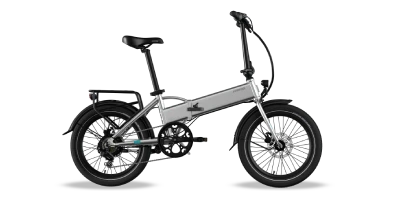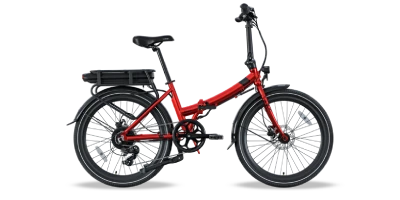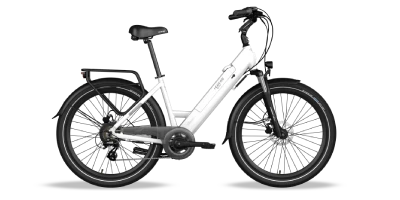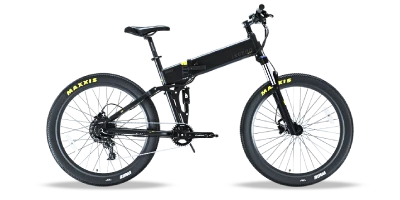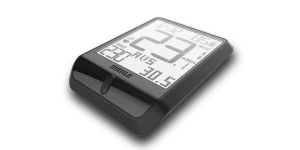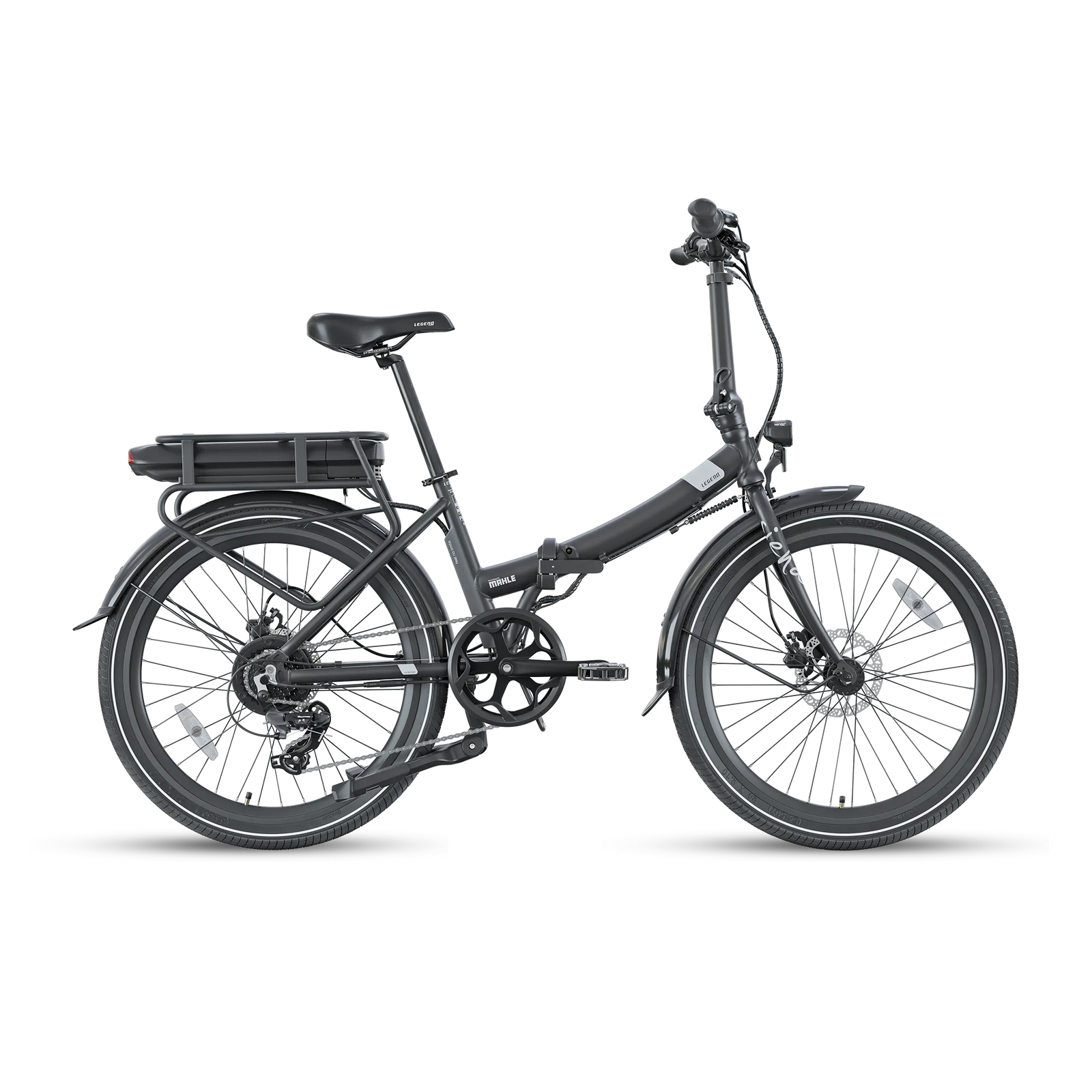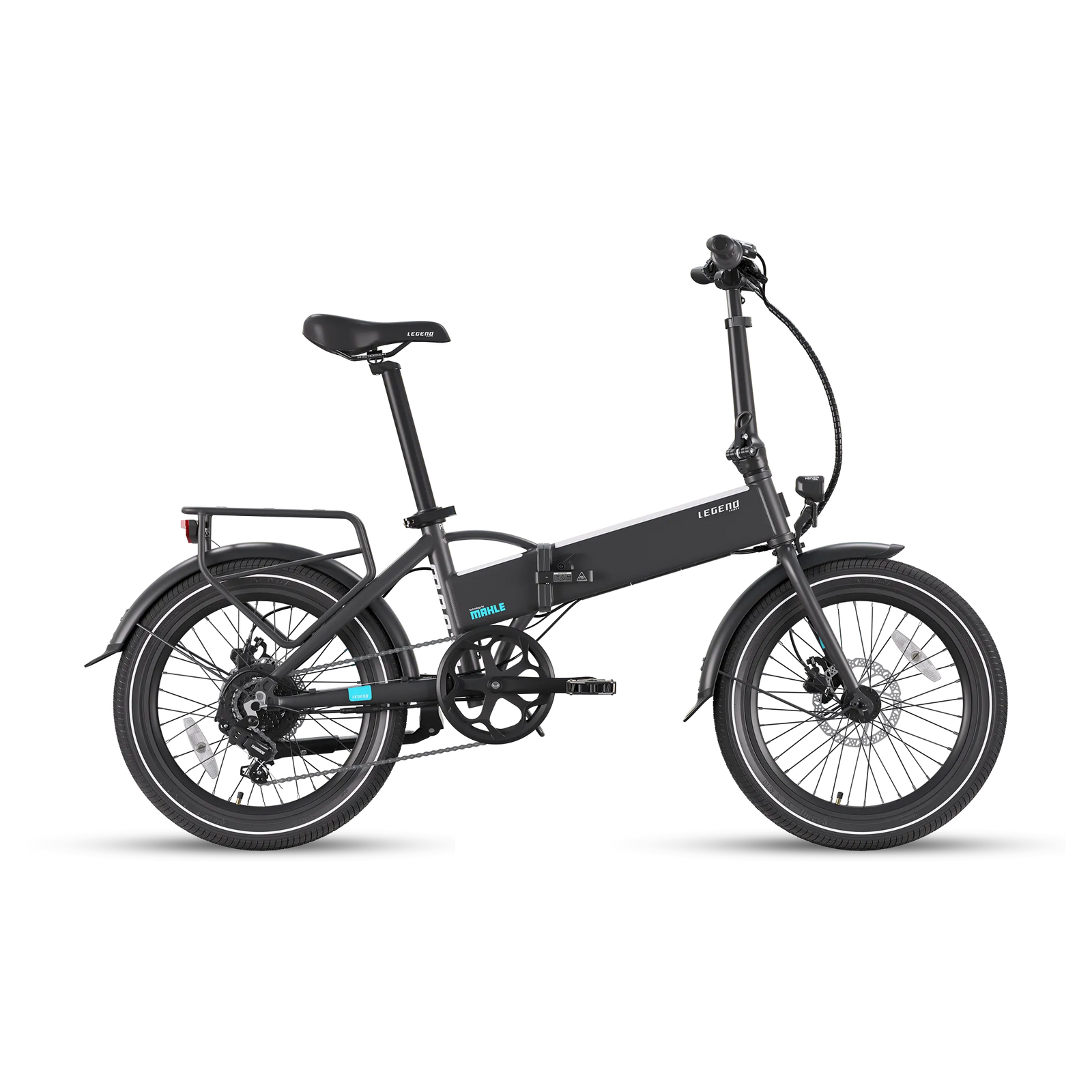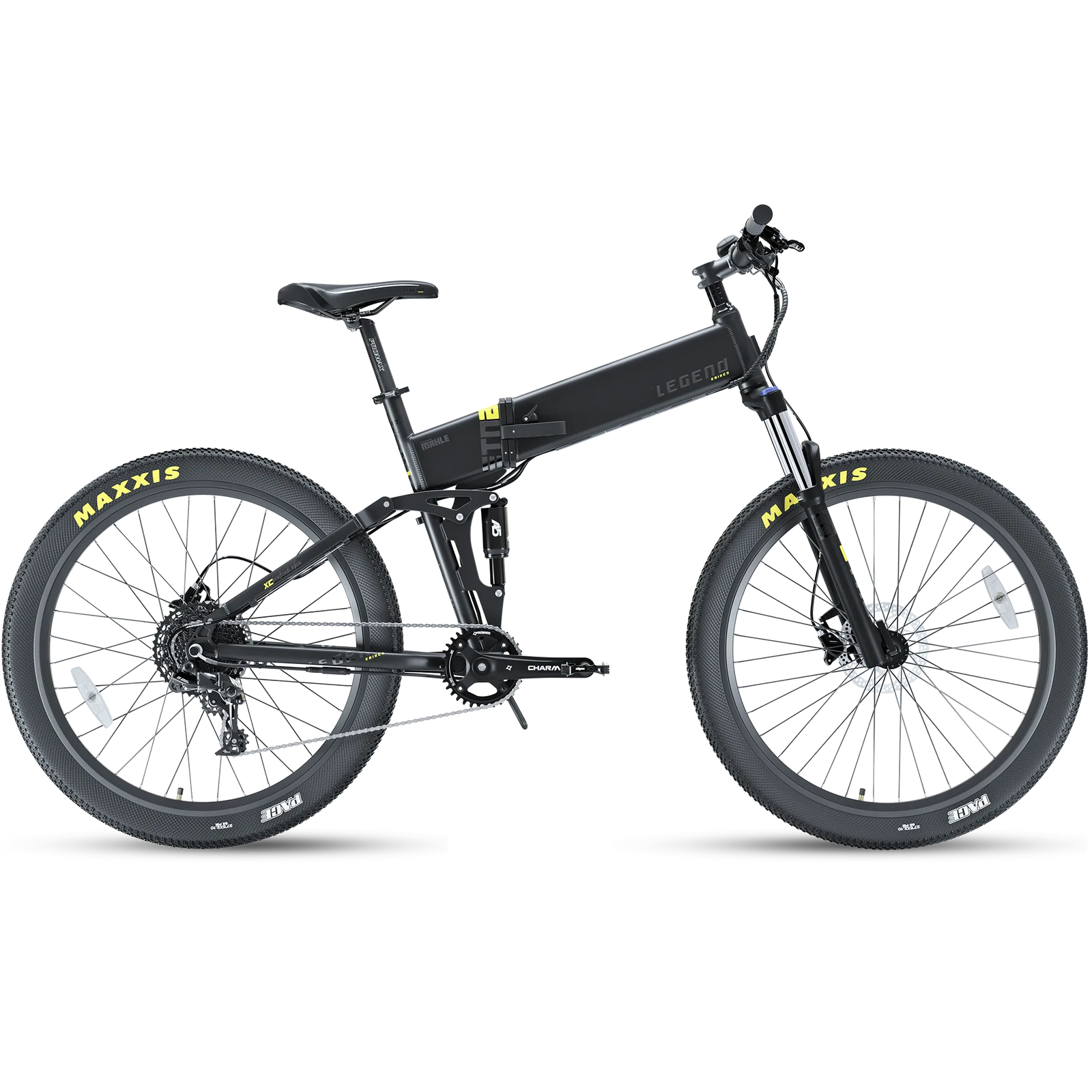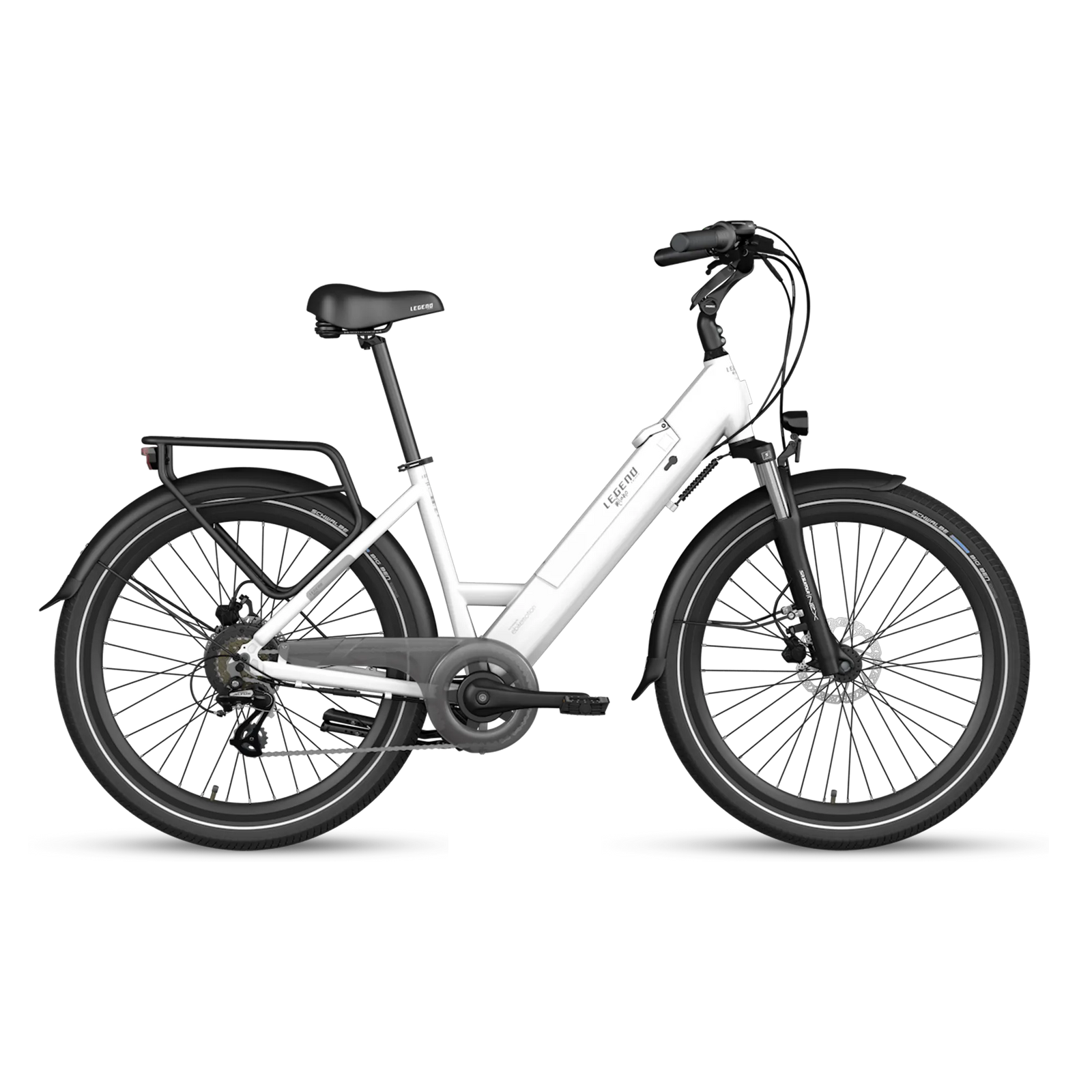Year-Start Deals on Legend eBikes. Up to 30% off selected electric bikes.
Year-Start Deals on Legend eBikes. Up to 30% off selected electric bikes.
Accessories
Add description, images, menus and links to your mega menu
A column with no settings can be used as a spacer
Link to your collections, sales and even external links
Add up to five columns
Add description, images, menus and links to your mega menu
A column with no settings can be used as a spacer
Link to your collections, sales and even external links
Add up to five columns
Add description, images, menus and links to your mega menu
A column with no settings can be used as a spacer
Link to your collections, sales and even external links
Add up to five columns
Add description, images, menus and links to your mega menu
A column with no settings can be used as a spacer
Link to your collections, sales and even external links
Add up to five columns
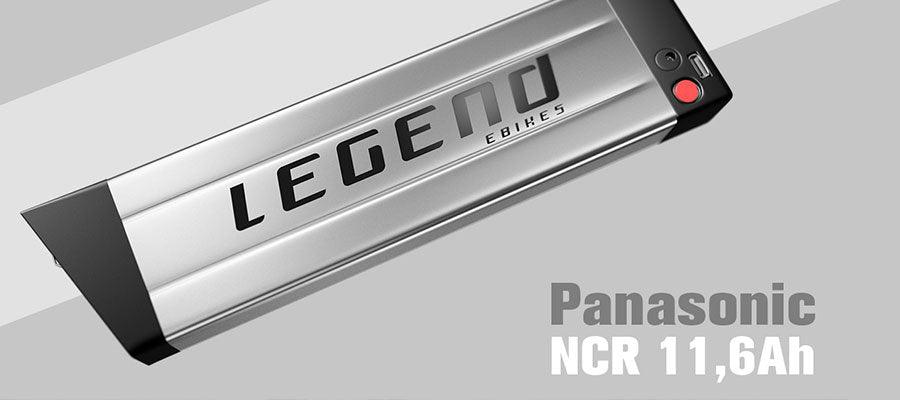
How many kilometers can I travel with an electric bike?
How many kilometers can I ride an electric bicycle?
It is a question that we hear every day in our offices and that the user of an electric bicycle is very aware of, but it requires a more complex answer than a simple figure. The calculation of autonomy of any vehicle, including electric bicycles, responds to a very simple formula that is given by the amount of energy available to us, the speed at which we travel and the energy consumption of the vehicle.
What range can I expect from an electric bicycle?
Let's take an example with one of our electric bicycles.
Let's suppose we have purchased a Legend Monza with a 36V 10.4Ah battery. Well, the amount of energy we have available is 36V x 10.4Ah = 374.4Wh. If we establish a consumption of 5Wh per kilometer to maintain a speed of 25 km/h, the equation is simple:
Range = Capacity/Consumption
➞ Range = 374.4/5 = 74.9Km
However, adapting the model to reality requires many factors to be taken into account. The difficulty lies in the fact that the consumption of the bike cannot be accurately predicted.
No two ways are the same
In the specifications of a battery is usually used a figure within an approximate threshold, one of the reasons why it is not a round figure is very simple, and is that we will never pedal on a completely straight way without any hills.
When we say that a full charge allows us to do seventy or eighty kilometers we mean that this distance will be correct if we move on a surface without hills, something really complicated in any geographical environment, with which, if we pedal up a slope of 10º constantly, our battery will probably cover a much shorter distance with a full charge. Similarly, if we go down a slope without stopping pedaling, our battery will last much longer than specified.


The impact of support
The level of assistance is another decisive factor. The Legend E-Bikes usually have four levels from the lowest to the highest level of pedal assistance, so if we move at a low-medium level we can extend the battery charge to really long distances.
The maximum level generates the maximum power, and this obviously produces an extra expense of the battery charge. In the same way, it also influences what we like to call "rider assistance level to the bike", that is, when we are talking about a pedal-assist bike there are two driving sources: the electric motor and the human motor. These two forces work independently in a cadence-sensing system, so we can say that the less effort the rider puts into pedaling, the shorter the range.
… and more important factors
Another factor to consider is the weight that the motor will move. Once again, estimates are based on standards considered “usual” which are the weight of the electric bicycle plus the weight of the rider. These values are in weights of 20 kilograms for the electric bicycle and 70/80 kilograms for the individual.
In addition, if the routes we travel with the bike have many stops, for example, traffic lights, the autonomy will suffer because it produces a very high consumption to get from a standstill to a speed of 25 km/h.
Let's give you an example of customers thinking
In one case, a customer sent a complaint to our technical department to demand an immediate battery replacement, as he was unable to cover the distances specified in the catalog. The battery was shipped and when the allegedly defective battery was picked up, it was analyzed, obtaining somewhat disconcerting results, since the battery was working properly. A few days later the customer called us again with a monumental dissatisfaction since the new battery did not reach the 70/80 kilometers specified, and it was then when we decided to find out what was really going on. The customer insisted that he was driving in the city and that the unevenness of the road was rare, and although he always used the maximum assistance, it was not logical that the drop in kilometers per battery charge was so considerable. In the end, it was found that the customer was 1.95 cm tall and weighed 122 kilos, making it impossible to cover 70/80 kilometers on a single charge.
This is why when we purchase an electric bicycle battery, we cannot know exactly how many kilometers per charge it will travel, but we can estimate a figure taking into account all of the above. If you still think that your range isn't enough, feel free to contact us!
Also in Journal
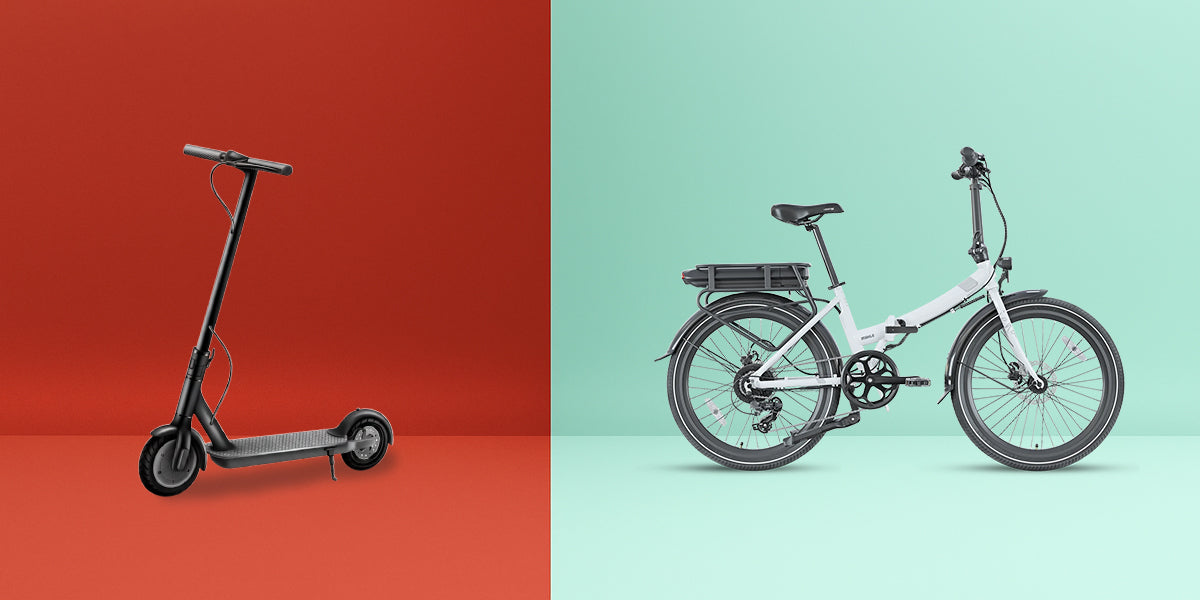
New Law 5/2025 on insurance for personal mobility vehicles (PMVs): does it affect Legend eBikes electric bicycles?
November 05, 2025 7 min read 0 Comments
The new Law 5/2025 on Light Personal Vehicles will require compulsory insurance for scooters and PMVs from 2026, but it does not affect Legend eBikes.
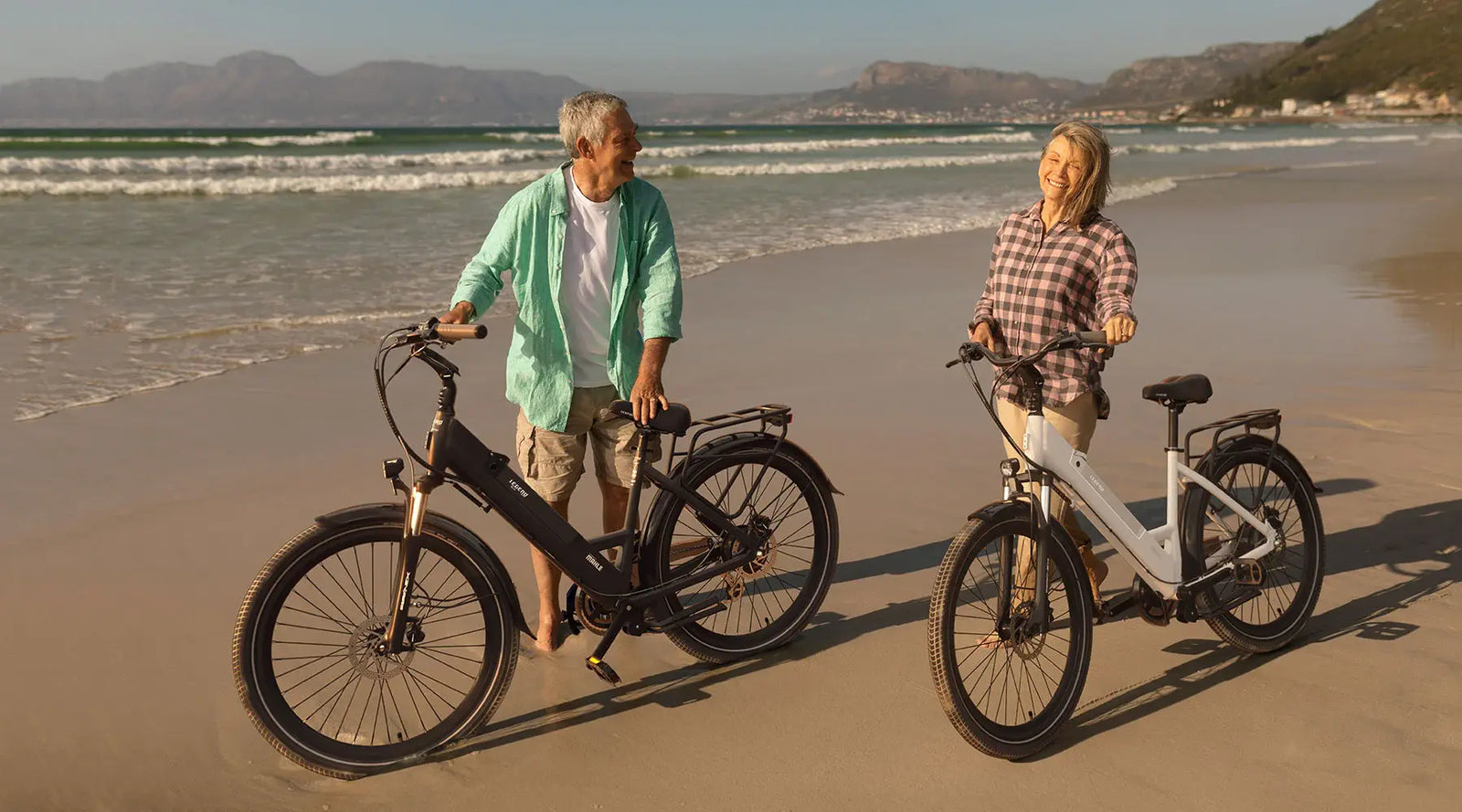
Financial aids for purchasing an electric bike in France in 2026
August 07, 2025 4 min read 0 Comments
In 2026, several regional and local financial aids in France will allow you to finance your electric bike up to £800. Find out how to benefit and simulate your eligibility online.

Electric Bike Subsidies in Spain 2026 | Legend eBikes
July 28, 2025 9 min read 0 Comments
Up to €700 towards your next Legend eBike. In 2026, many Spanish regions offer subsidies for electric bikes. Find out which incentives are active, how to apply, and which models are eligible.
Smart eBikes
Stylish and eco-friendly electric bikes designed for urban mobility.



